
Techy Tips: Improving your password security
By Rachel Sommer . April 5, 2021
Have you come up with a favorite password? Good, now throw it away. You may have that one password you love and can easily remember but using it on multiple sites is the easiest way to get hacked– even though 62% of people over 65 admit to reusing passwords.
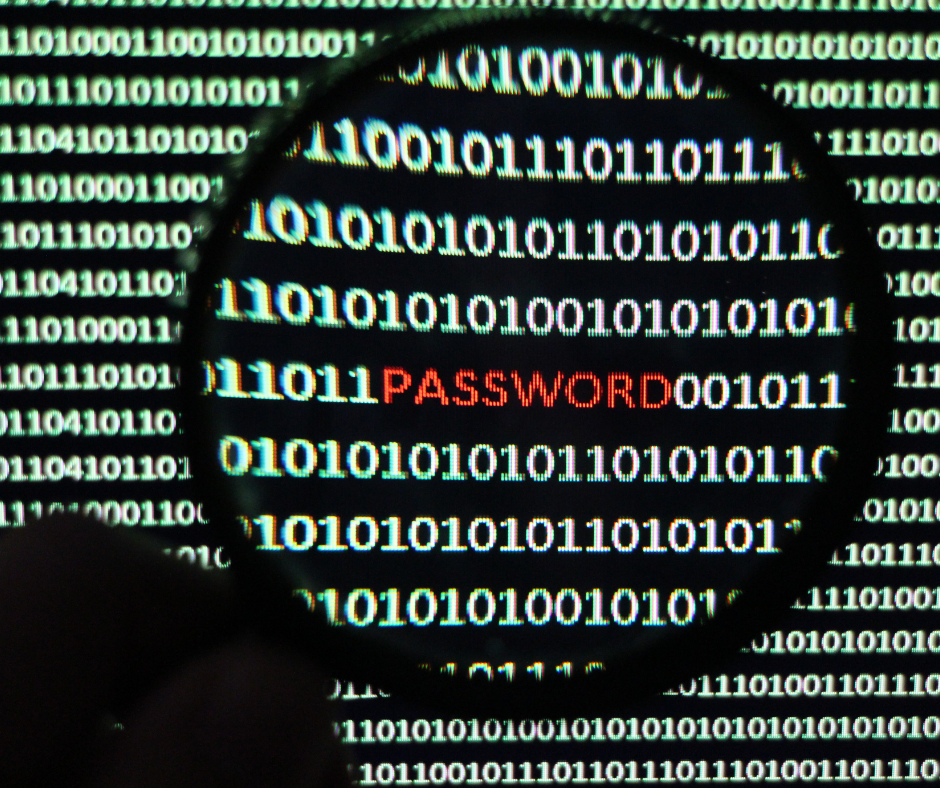
Many users still reuse passwords even when they understand the risks. If this sounds like you, you could be putting your security at risk without even knowing it! Follow these steps to clean up your cyber hygiene today.
In the U.S. the average email is associated with 130 accounts.
(It’s now over 200 accounts per person, post-COVID!)
-2017 digital guardian password security habits survey
Update passwords if they’ve been compromised
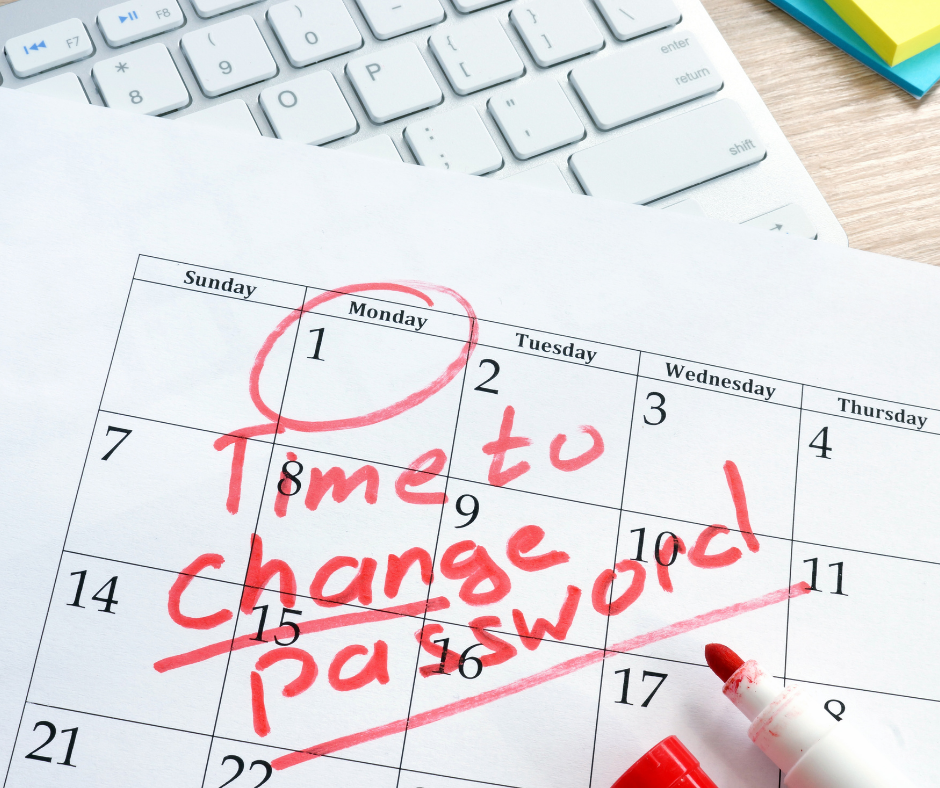
Update your passwords regularly and immediately upon notification of an account compromise or account holder data breach. If you suspect your data has been compromised you can search haveibeenpwned.com to check if your passwords have ever fallen into the hands of hackers.
Never reuse passwords for any type of account
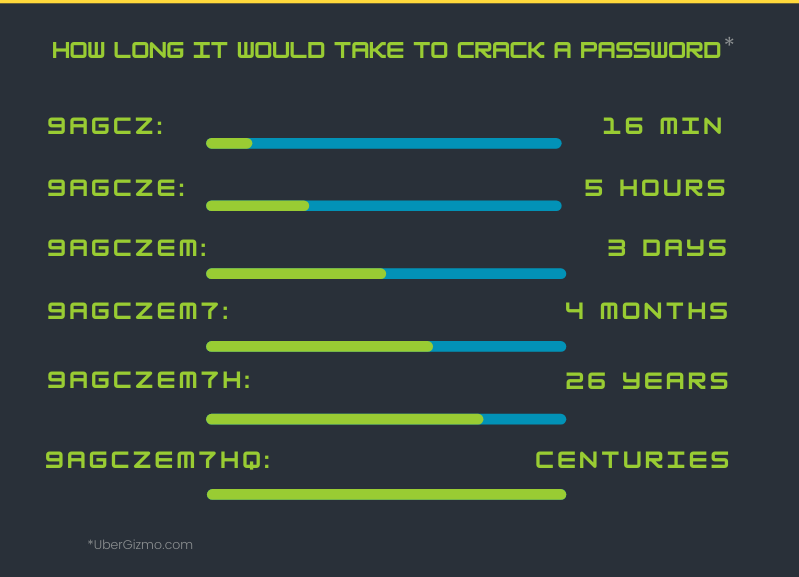
You may think “oh well, I use the same password for two email accounts but that’s all- no harm here” — that is a hackers dream! Reusing a password on any two accounts opens you up to a world of online vulnerability. A hacker plows through all information available and will try to enter all of your accounts at all costs. Have a good defense and make it difficult for them!
As illustrated in the graphic above, even just adding one special character or extra letter makes it significantly more difficult to guess. The more difficult a password the more likely the hacker will move on. You might be wondering how do hackers find out this information? The most common method is the “Brute-force attack,” which simply means an attacker submits many passwords or passphrases with the hope of eventually guessing a combination correctly. The longer your password is, and the more time it will take attackers to crack it. They will simply move on if it takes too long.
Get Creative
Avoid well-known passwords and any personal information that is easy to find out about you. A hacker can easily spot your city or your dogs name through your Facebook or Instagram posts, so your password should be something that isn’t obviously linked to you. Passphrases are strings of random words in a nonsensical order and they can be gold when it comes to cyber security and can be easier to remember than passwords themselves. The longer the password the better, make sure to add special characters and utilize upper and lowercase letters.
On websites that allow you to add a hint, come up with a catchy hint that only you know the meaning of. It is also crucial to avoid using common passwords, such as password123 or 123456. Ideally, don’t include super common words like coffee, horse, or password, unless you’re combining them in a lengthy passphrase.
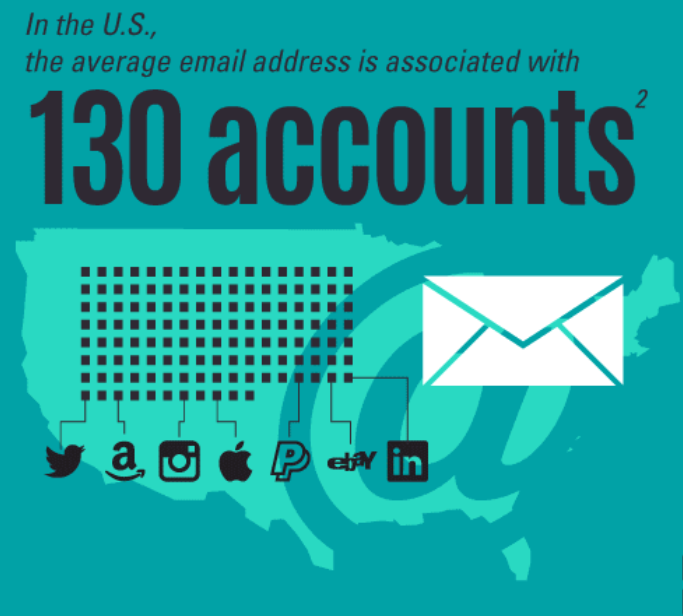
Protect yourself with more than just a password
Two Factor Authentication is an extra layer of security used to make sure that people trying to gain access to an online account are who they say they are. First, a user will enter their username and a password. Then, instead of immediately gaining access, they will be required to provide another piece of information. This second factor could be a personal identification number (PIN) texted or emailed to you, another password, answers to “secret questions” or a specific keystroke pattern or confirming that it is in fact you logging in from an appointed device.
Two or multi factor authentication should be your new security best friend, use this with any account possible but especially your credit card, bank account, and any account with sensitive information. In this way you can protect yourself with more than just a password.
Use a password manager
All passwords are encrypted and decrypted locally and can only be accessed using your Master password.
Not even Easeenet has access to decrypt stored passwords.
Lastly and the most important tool in your cyber security toolbox, is the use of a secure password manager like Easeenet. Many people are hesitant to use a password manager, they may feel like it is putting their eggs all in one basket. However using a password manager is completely secure and far better than reusing the same password. Let’s look at the steps it would take a hacker to break in to your password manager:
- First, a hacker would have to get your password somehow, and as long as you’re also using two-factor authentication, they would need to also have access to your text messages.
- Without that access, they would have to hack into the server, then try to de-encrypt each piece of information separately (password information should always be stored encrypted, even “at rest” or not being used in a server).
- Finally, as long as you’re using two-factor authentication, they would also have to have access to your text messages, even if they managed to de-encrypt the information (no small feat)
All-in-all, a nearly impossible feat due to encryption. Easeenet wants to keep you safe online. We use AES-256 encryption. providing the highest level of security and encryption. All passwords are signed using a message authentication code (MAC) so that their underlying value can not be modified once encrypted. With Easeenet, your Passwords and documents are encrypted even in storage, our site has an Extended Validation SSL certificate to guarantee security, with a $1.75M warranty, and two-factor authentication to verify your identity.
All passwords are encrypted and decrypted locally and can only be accessed using your Master password. Not even Easeenet has access to decrypt stored passwords.
Easeenet also acts as your comprehensive Digital Estate Planning tool for your next of kin. We take care of everything from A-Z in regards to your digital footprint. Under our secure servers, You can manage the entirety of your digital data, assign multiple Legacy Contacts, add notes, bookmark webpages, upload documents and media and we even have a google search bar so you can make us your homepage for easy access!
Activate your 14 day trial and start preserving your digital estate today.


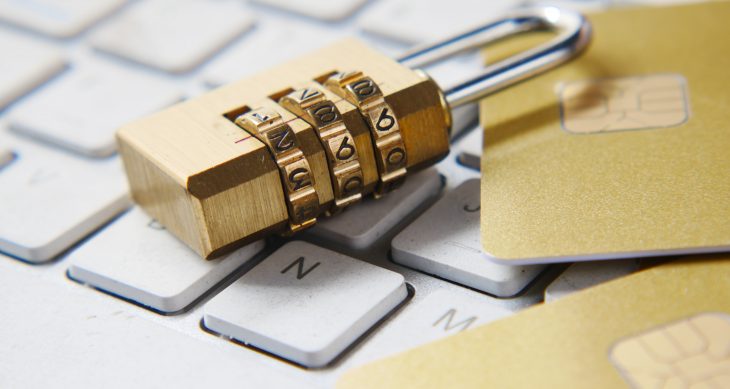



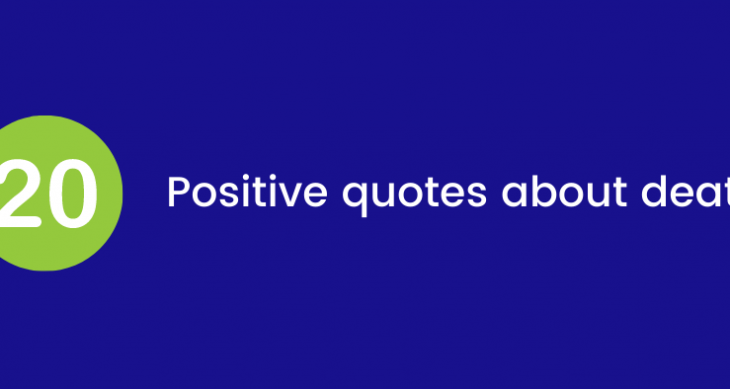
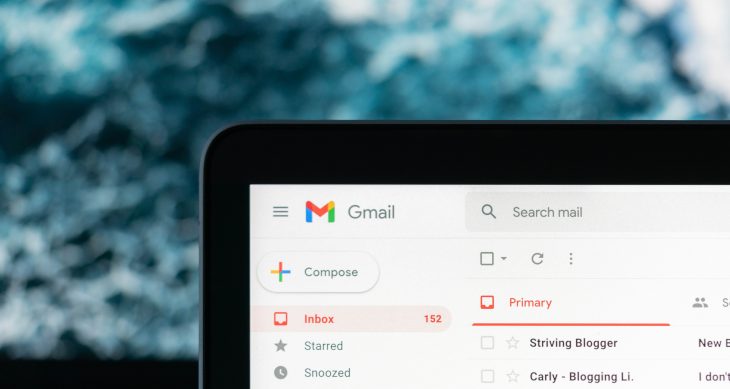
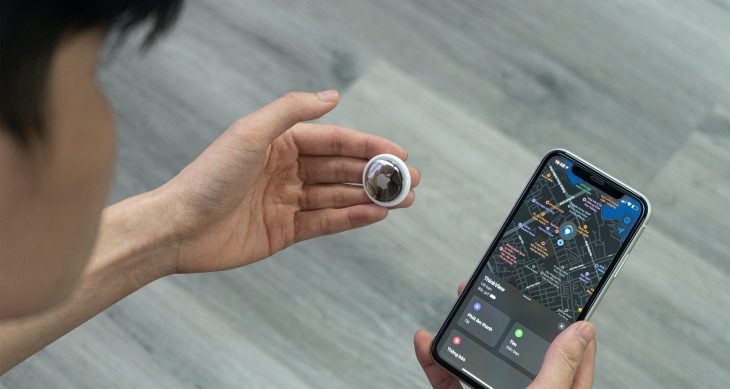
2 thoughts on “Techy Tips: Improving your password security”
Comments are closed.